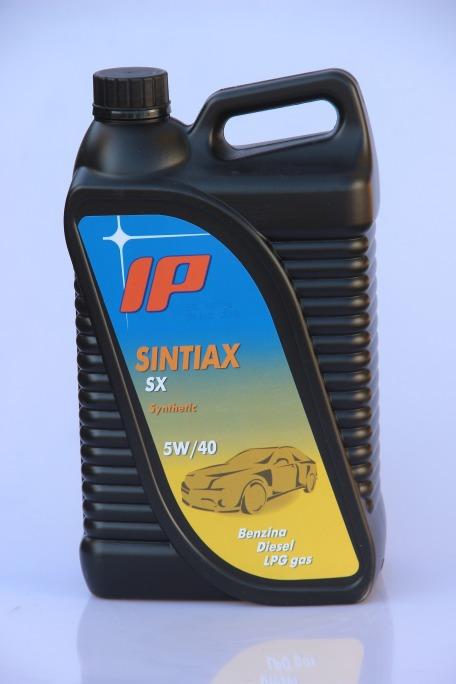
Machine oil. 5 truths that will keep you out of trouble
 When asked what the task of the oil is in the engine, most drivers will answer that it is the creation of conditions that ensure the slippage of the moving parts of the engine in contact. Of course it is, but only in part. Engine oil has additional tasks, such as cleaning the drive unit, cooling internal components and reducing noise during operation.
When asked what the task of the oil is in the engine, most drivers will answer that it is the creation of conditions that ensure the slippage of the moving parts of the engine in contact. Of course it is, but only in part. Engine oil has additional tasks, such as cleaning the drive unit, cooling internal components and reducing noise during operation.
1. Too little - top up, please
The first thing that should alert us is the flashing of the oil pressure light when cornering. This is due to insufficient lubrication in the engine. In this case, check its level. We do this by putting the car on a flat surface, turning off the engine and waiting for about a minute until all the oil drains into the oil pan. Then we take out the indicator (popularly a bayonet), wipe it with a rag, insert it into the hole and pull it out again. Thus, on a cleaned pressure gauge, we clearly see the current oil level and the minimum and maximum marks.
Oil should be between the dipsticks. If the quantity is too low, add the same oil as in the engine, taking care not to exceed the MAX mark. Excess oil causes the piston rings to be unable to scrape it off the cylinder liner, so it enters the combustion chamber, burns out, and dirty exhaust fumes destroy the catalyst.
If we neglect to check the oil level at the first blinking of the indicator, serious trouble awaits us. We will not stop the drive immediately, because there is still oil in the system - worse, but still - lubrication. On the other hand, the turbocharger will be destroyed if it is, of course, installed.
See also: What vehicles can be driven with a category B driver's license?
We must remember that while a classic engine is spinning around 5000 rpm (diesel) or 7000 rpm (gasoline), the turbocharger shaft is spinning at over 100 rpm. The shaft is lubricated with the oil contained in the unit. So if we have too little oil in the engine, the turbocharger will feel it first.
2. Oil change is a duty, not elegance
Many drivers who fill in fresh, clean, honey-coloured oil feel as if they have given their car new, pressed clothes. Nothing could be more wrong. An oil change is a must...unless someone wants to overhaul the engine.
 As I mentioned, oil also has detergent properties (that's why old oil has dirt). During combustion, part of the unburned products accumulates in the form of soot and sludge, and these phenomena must be eliminated. To do this, additives are added to the oil that dissolve deposits. Due to the constant circulation of oil in the engine, pumped by the oil pump, it passes through the filter, and the dissolved sediments are retained on the filter layer.
As I mentioned, oil also has detergent properties (that's why old oil has dirt). During combustion, part of the unburned products accumulates in the form of soot and sludge, and these phenomena must be eliminated. To do this, additives are added to the oil that dissolve deposits. Due to the constant circulation of oil in the engine, pumped by the oil pump, it passes through the filter, and the dissolved sediments are retained on the filter layer.
However, it must be remembered that the filter layer has a limited throughput. Over time, contaminant particles dissolved in the oil clog the porous filter layer. To avoid blocking the flow, which can lead to a lack of lubrication, the safety valve in the filter opens and…. flowing untreated dirty oil.
When dirty oil gets on the bearings of a turbocharger, crankshaft or camshaft, microcracks occur, which will begin to increase over time. To simplify it, we can compare it to the damage to the road, which over time takes the form of a pit in which a wheel can be damaged.
In this case, the turbocharger is again the most vulnerable due to the speed of rotation, but microcracks also occur in all contacting parts of the engine. Therefore, it can be assumed that an accelerated process of its destruction begins.
Thus, periodic oil changes in accordance with the manufacturer's recommendations are a prerequisite for ensuring the normal operation of the power unit and avoiding the cost of overhaul.
See also: Volkswagen up! in our test
